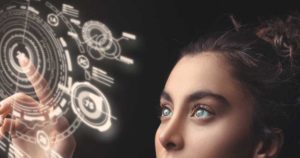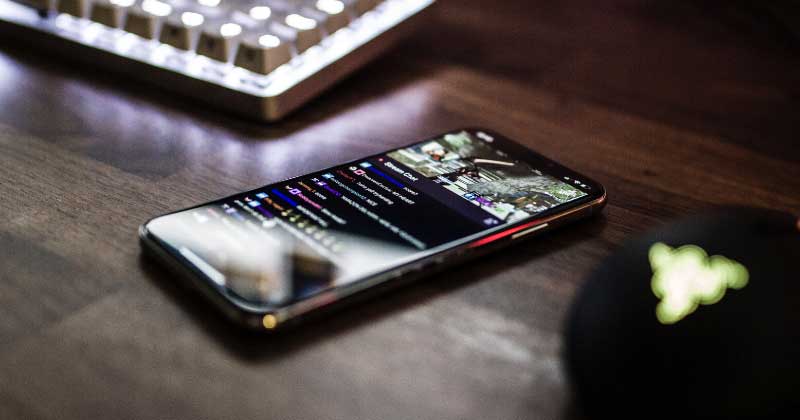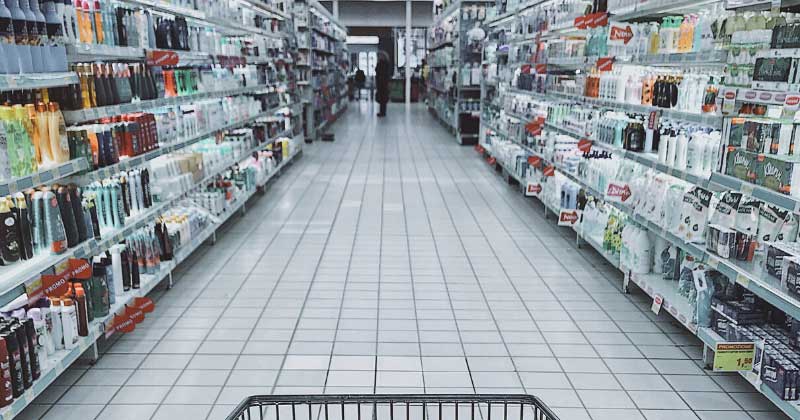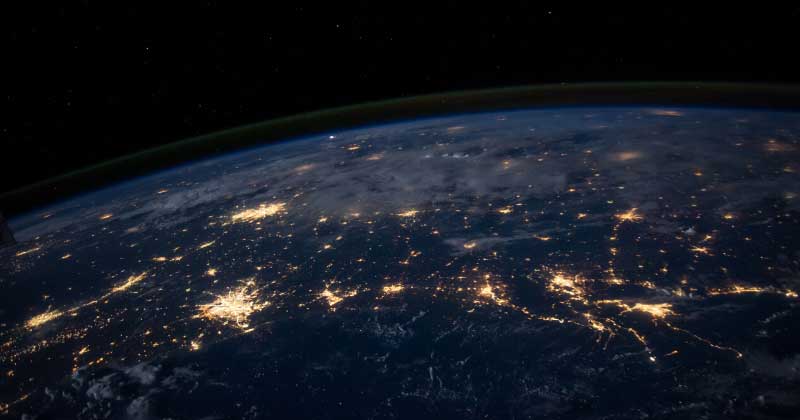
How The COVID-19 Pandemic is Changing Perceptions Regarding Technology
How much time do you spend on your phone?
According to Statista, there are 3.5 billion smartphone users in the world today.
That’s a lot of smartphones.
With smartphones having been built with internet connectivity as one of their key features, this means there are 3.5 billion people accessing the internet through their phones, and over the years we’ve seen horror stories about excessive dependence on technology. Countries like China and South Korea have put laws in place penalizing excessive use of mobile devices, such as texting while walking or driving, or restricting daily internet access during class or work hours.
The spread of the COVID-19 virus, however, is changing things. From being portable sources of mass distraction – leading to an average of 6,000 deaths annually in the United States alone – to necessary means of communication during community quarantine efforts, mobile devices and their associated technologies are seeing a shift in tone regarding how mobile devices are being perceived.
Logicbase Interactive takes a look at this shift in perception.
LIFE BEFORE THE PANDEMIC
While not necessarily anti-technology, many legislations all over the world have been highly critical of the monolithic aspects that present-day technologies have gained since the rise of internet usage across the global community. Apple, Google, Facebook, Microsoft – these corporations had built corporations out of ruthlessly efficient ideas and purportedly ruthless business sense, and it has, for better or worse, led to a lot of legislative pushback.
Take the GDPR, for example. General Data Protection Regulation comes from the European Union and asserts force of law against what it defines as anti-privacy practices from tech developers.
This piece of legislation is why any website you visit tells you that they’re using cookies to track your activity on the site, as well as giving you the choice to refuse or accept tracking. By enforcing a union-wide prospective ban on any app, website, or program that goes against the GDPR, developers are forced to comply or lose business within the union.
SOCIAL NETWORKING MISSTEPS
Social media giants, in particular, have had it rough in terms of public perception.
Facebook has been mired with lawsuits practically from its inception onwards. From the Winklevoss-Narendra lawsuit against Facebook founder Mark Zuckerberg alleging the latter’s theft of what is Facebook’s core function (establishing connections via social networking), to its various privacy issues (of which the Cambridge Analytica data scandal in 2018 is the latest), the social networking giant has not had a peaceful sixteen documented years of existence.
And it’s not just Facebook; Twitter has had a number of legal scares, like when the United States Department of Justice came after hundreds of Twitter users for their involvement, however peripheral, in WikiLeaks, which involved illegal disclosure of military information and documentation.
Instagram experienced immediate rage from its millions of users when it attempted to change its terms of use to gain perpetual, class-action-free license to sell user-submitted content without user consent; the revised terms of use lasted all of 48 hours before it was changed.
The main message has been, for the past two decades, that technology needs to be kept in line. Internet good, associated technologies bad.
AND THEN THE PANDEMIC ARRIVED
The COVID-19 pandemic has created a palpable shift in the prevailing perspective against internet technologies.
A huge catalyst for the change in perception – that technologies, particularly social media ones, are predatory – stems from the connectivity these technologies offer.
It’s easier to refuse third-party apps like Zapier, which connect platforms to each other, when you’re not working from home, necessitating the use of such apps; the convenience offered overshadows the potential implications of sharing login credentials to an app like it. Zoom has come under fire for “farming” user information to sell to advertising companies, but people have been defending it, primarily because it’s a leading solution to teleconferencing issues arising from workforces having to work from home.
That’s not counting the social aspect of such technologies. Social networking platforms have, across the board, seen a tremendous spike in overall usage since the viral outbreak started peaking in affected countries.
Old users are returning to Facebook, for example, to check up on friends and family still using the platform. Professionals are utilizing Twitter to network and otherwise update their peers regarding ongoing projects. Chat platforms Twitch and Discord are seeing record high activities in their servers (as well as more paid subscriptions for premium services). Media streaming sites and platforms are seeing longer periods of user access and higher renewal and signup numbers as well.
To sum it up, tech giants are witnessing public perception shift from negative to somewhat positive.
Charity and goodwill efforts are helping, as well. Facebook has pledged 100 million to bolster journalist coverage of the pandemic; Twitter is continuing its recruiting and hiring process on top of partnering directly with health agencies in spreading accurate information; and corporations like Tesla and Amazon are pledging millions for the procurement and production of live-saving medical equipment.
Tech companies are putting their best feet forward, and the general public are paying attention.
IN SUMMARY
This shift in perception may very well be temporary – after all, the COVID-19 viral outbreak is an unprecedented global event with many critical factors unique to it, such as the prevalence of internet usage. However things shake out, the shift in perception may be enough for tech developers and companies to gain some measure of goodwill from the general public which has often – rightfully or not – been wary of the nature of the tech industry.
Time will tell whether or not the positives gained during this global crisis will be enough to completely change public opinion, or if the current climate is just rose-colored glasses worn during the time of the pandemic.




